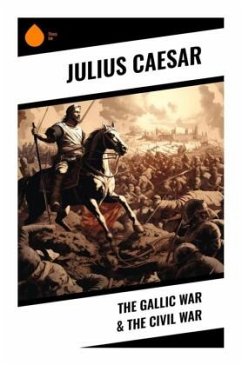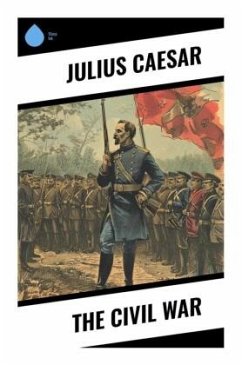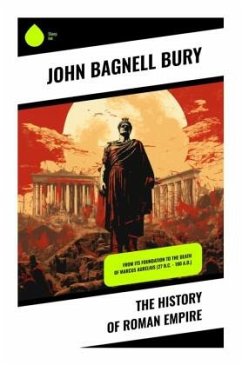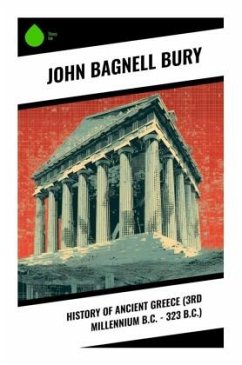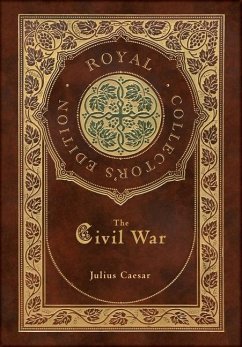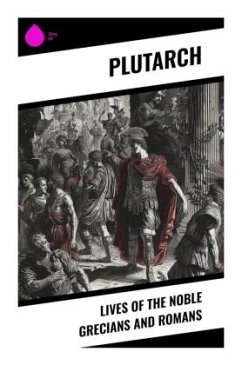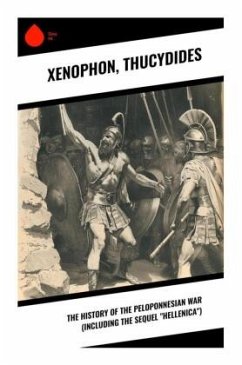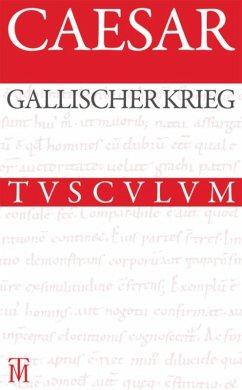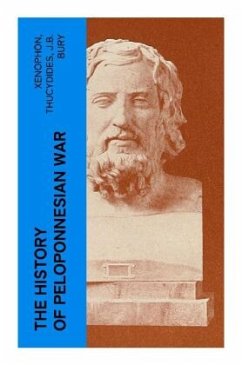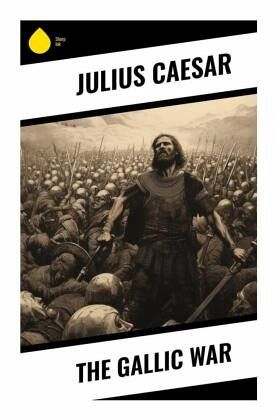
The Gallic War

PAYBACK Punkte
0 °P sammeln!
In "The Gallic War," Julius Caesar masterfully chronicles his military campaigns in Gaul between 58 and 50 BCE, providing both a historical account and a reflection of Roman imperial ideology. Written in a succinct yet persuasive prose style, the text melds vivid descriptions of battle strategies with insights into the Gallic tribes' customs and social structures. The work serves not only as a battlefield memoir but also as a political tool, painting Caesar as a heroic figure in the eyes of Rome while illustrating the complexities of conquest and governance in a turbulent period. Its firsthand...
In "The Gallic War," Julius Caesar masterfully chronicles his military campaigns in Gaul between 58 and 50 BCE, providing both a historical account and a reflection of Roman imperial ideology. Written in a succinct yet persuasive prose style, the text melds vivid descriptions of battle strategies with insights into the Gallic tribes' customs and social structures. The work serves not only as a battlefield memoir but also as a political tool, painting Caesar as a heroic figure in the eyes of Rome while illustrating the complexities of conquest and governance in a turbulent period. Its firsthand perspective offers invaluable historical context, making it a cornerstone of classical literature. Julius Caesar, a skilled general and politician, possessed a deep understanding of both military tactics and the value of personal narratives in shaping public opinion. His experiences in Gaul-where he encountered fierce resistance and fostered local alliances-enhanced his ambivalence toward the Roman peace, or Pax Romana. These insights reveal his dual motivations: the pursuit of glory as a military leader and the consolidation of power within the volatile political landscape of Rome. I highly recommend "The Gallic War" to readers interested in military history, political philosophy, and ancient Roman culture. This seminal work not only contributes to our understanding of Roman imperialism but also invites reflection on the lasting implications of conquest and cultural exchange, making it essential reading for anyone seeking comprehension of the ancient world.



